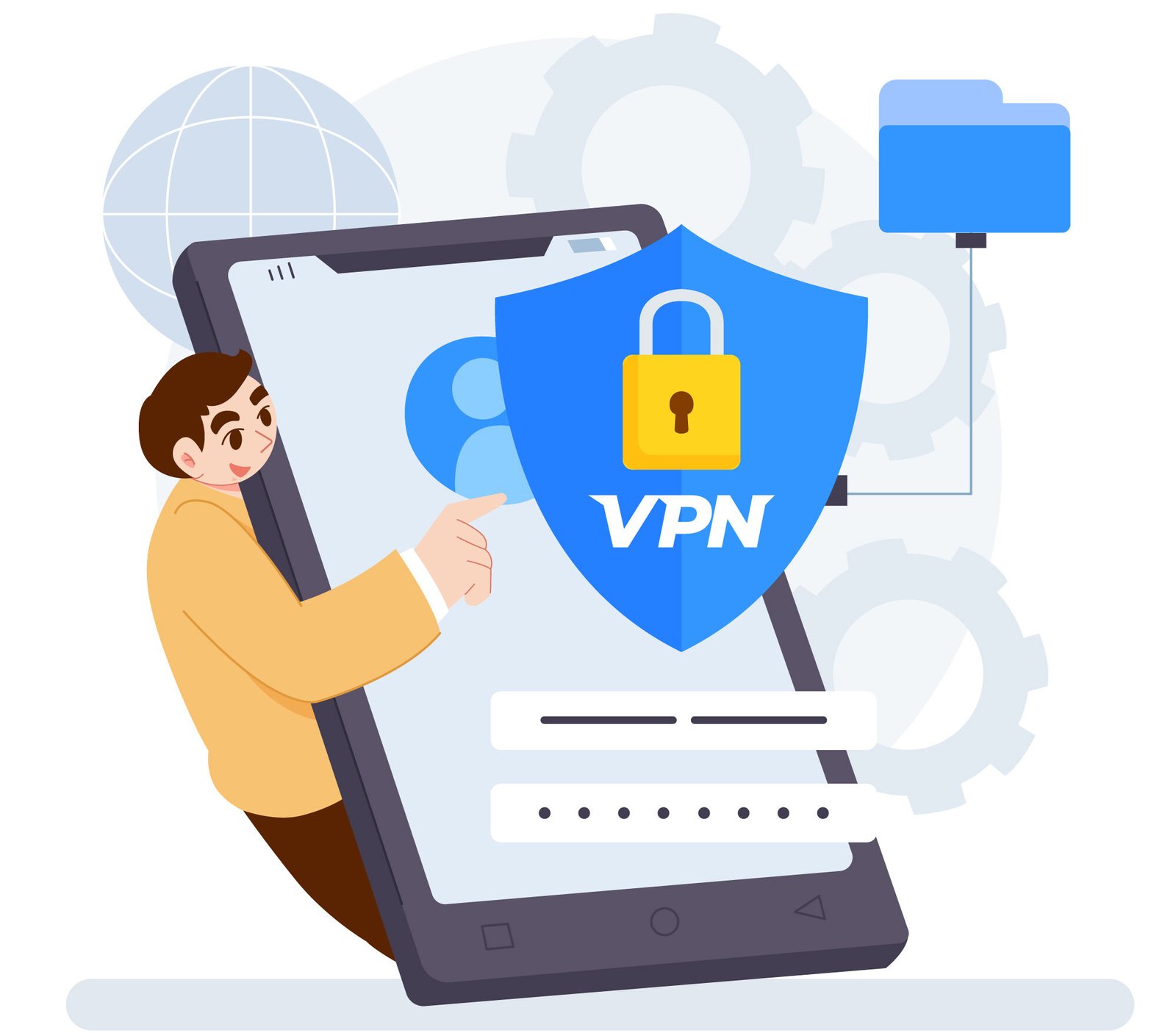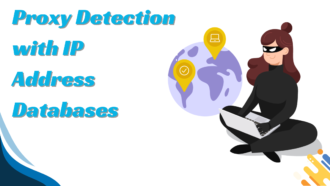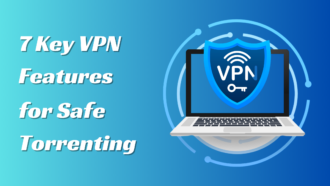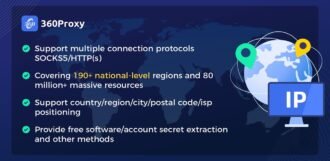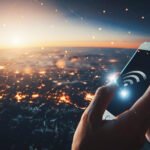How often should you have a VPN on?
- 1 How often should you have a VPN on?
- 2 Why should you keep your VPN on?
- 2.1 1. Connect to public Wi-Fi securely
- 2.2 2. Protect your data
- 2.3 3. Beat local firewalls by connecting to a remote server
- 2.4 4. Stay safe even without the S in the HTTP
- 2.5 5. Surf the web privately
- 2.6 6. Protect all your devices
- 3 When should you turn off your VPN?
- 4 Conclusion
- Always-On Protection: For maximum security and privacy, it’s best to keep your VPN on at all times, especially when using public Wi-Fi networks.
- Secure Data Transmission: A VPN encrypts your online traffic, protecting sensitive information from potential hackers and data collection by ISPs.
- Bypass Censorship: VPNs allow you to bypass local firewalls and access restricted content, ensuring your right to free speech online.
- Enhanced Privacy: With a VPN, your online activity remains private, even on unsecured connections, as all data is encrypted before transmission.
- Device Compatibility: Install a VPN on all your devices to ensure consistent online privacy and security across all platforms.
Strangers can monitor your internet activities more frequently than you believe. You may have a question: Can the Wi-Fi owner see what I search for if I use their network? When you are connected to public hotspots or while travelling, a virtual private network (VPN) is a crucial tool that will protect your sensitive data and may also assist you in avoiding unwanted targeted advertisements. But how often should you have a VPN on? When should you keep it off? In this article, we will give all answers about it.
How often should you have a VPN on?
Your VPN should be left on always. If you want to avoid data breaches and cyberattacks, especially when utilizing public Wi-Fi, a virtual private network (VPN) is your best bet. It would be best if you had an idea about how VPNs work. It can protect you from invasive third parties like ads or internet service providers. Whenever you go online, make sure you utilize a VPN. A virtual private network (VPN) encrypts your online traffic and makes it impossible for anyone to track your whereabouts or content by linking you to a remote server.
Why should you keep your VPN on?
1. Connect to public Wi-Fi securely
Public Wi-Fi networks pose significant security risks. Criminals with access to the same network could potentially steal your sensitive information. The danger is significantly greater when there is no password, and the network is open. When using public Wi-Fi, a virtual private network (VPN) may encrypt all your data traffic, protecting your email, photographs, login credentials, and financial information from prying eyes.
2. Protect your data
Though it may sound terrible, US ISPs can lawfully gather and sell your data to third parties as of 2017. This includes throttling. Also, evil guys like hackers always try to eavesdrop on your online activity. Your online activity is shielded from eavesdroppers when you use a virtual private network (VPN).
3. Beat local firewalls by connecting to a remote server
A person’s right to free speech online may differ depending on whether they live in a school, dorm, or job. You can easily bypass their rudimentary censorship attempts by using a virtual private network (VPN). Having a VPN enabled is all that’s required.
4. Stay safe even without the S in the HTTP
HTTPS, which stands for Hypertext Transfer Protocol Secure, encrypts your data before it leaves your browser. Even though it is a secure protocol, not all websites employ it. Regardless, HTTPS uses TSL (Transport Layer Security) encryption, which is significantly more vulnerable to cracking than the typical VPN encryption. Therefore, do not risk your privacy and security by turning off your VPN.
5. Surf the web privately
Your data and sensitive information could be at risk whenever you go online without additional protection since unsecured connections are easy to exploit. Before transmission, a VPN encrypts all data. Because of this, your data is rendered unusable in the event of an intrusion, meaning no one can gain any advantage from it.
6. Protect all your devices
Keep your online privacy protected by installing the Surf Shark software on all your devices that connect to the internet. A VPN connection is beneficial for any device that uses the internet.
When should you turn off your VPN?
We recommend that you disable your VPN as seldom as possible. However, there are times when it’s necessary.
- Making the web faster: A fast internet connection is crucial for some tasks, like playing online games or downloading large files. Because virtual private networks (VPNs) encrypt your data as it travels from your device to a remote server, they can occasionally slow you down.
- Using online banking: You may be unable to access your account at some financial institutions because their websites detect and record logins from specific foreign IP addresses. Turn off the VPN to prevent these problems while using a protected Wi-Fi network.
- Connecting to a secure hotspot: If you’re not worried about your ISP monitoring your online habits, you can disable the VPN when using a private home network. You might see an improvement in your browsing speed if you do this.
- Accessing specific websites: Some websites will not allow access if a user has their VPN enabled, even though VPNs are sometimes used to circumvent geo-restrictions or evil purposes. It may be required in such situations to disable a VPN.
- Avoiding software conflicts: Some several services and apps cannot work with a VPN. This includes online games and streaming services. Disconnecting from a VPN could be the solution to these problems.
Conclusion
You should select a dependable provider, and we advise leaving your VPN on the majority of the time. Verify that the VPN works with many servers, does not store any of your data, and is provided by a reputable company. You can enjoy blazing-fast speeds and an intuitive, user-friendly interface with the right.

